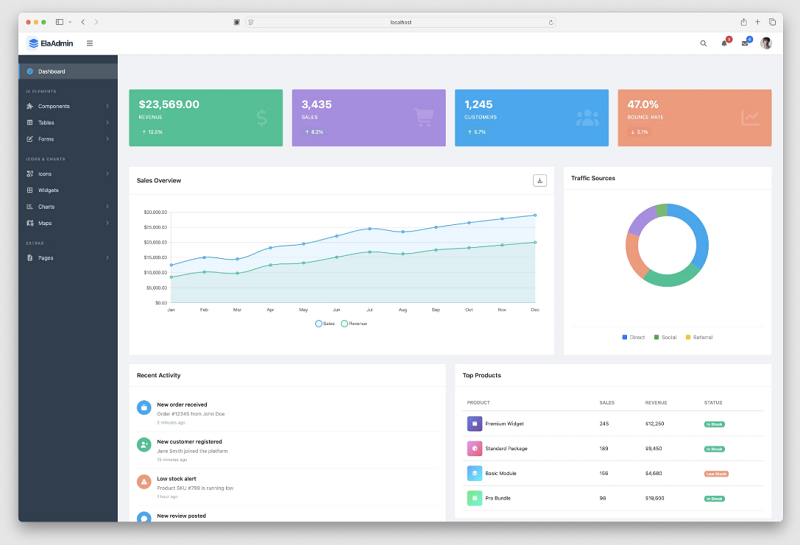Are you aware that your company car could be more than just a vehicle for business trips? It can serve as a valuable asset when it comes to securing a loan!
Using your company car as collateral can open the door to easy financing, providing you with the funds you need without the hassle of traditional loans. In this article, we’ll explore exciting tips and insights that will help you navigate this smart financial strategy. So buckle up and let’s dive in!
1. Understand What Collateral Means
First things first, what does “collateral” even mean? Collateral is something you offer to a lender to secure a loan. In this case, it’s your company car.
If you don’t repay the loan, the lender can take your car to recover their money. It sounds serious, and it is, so it’s important to fully understand what you’re getting into before using your vehicle as collateral.
2. Evaluate Your Car’s Value
Before you use your company car as collateral, you need to know how much it’s worth. This is crucial because the loan amount you can get will depend on the car’s value. Check the current market value of your car. Look at factors like the make, model, year, mileage, and overall condition.
The more valuable your car, the more you can potentially borrow. But remember, if your car isn’t worth much, the loan amount might not be significant either.
3. Check the Loan Terms
Not all loans are created equal. When using your company car as collateral, make sure to review the loan terms carefully. What is the interest rate?
How long do you have to repay the loan? Are there any hidden fees? Make sure you understand everything before signing on the dotted line.
You don’t want any surprises later on. It’s also wise to compare different lenders to find the best terms available. Some might offer lower interest rates or more flexible repayment options.
4. Know the Risks
Using your company car as collateral is a big decision. While it can help you secure a loan quickly, it also comes with risks. If you fail to repay the loan, the lender has the right to repossess your car.
This could impact your business operations, especially if the car is essential for daily tasks. Make sure you have a solid repayment plan in place before taking this step. Consider all possible scenarios and ensure you are prepared to handle them.
5. Ensure Your Car Is Fully Paid Off
Lenders usually require that the company car used as collateral is fully paid off to ensure that they have a clear claim to the asset. If there’s still an outstanding loan on the car, the lender may reject it as collateral. This is because they want to avoid dealing with another lender who might have a claim on your car, complicating the collateral process.
It’s crucial to make sure there are no existing liens on your vehicle before using it as security. If your car isn’t fully paid off, you might need to settle that debt first, which could involve paying off the remaining balance or refinancing.
Additionally, it’s wise to check with your lender about their specific requirements. Some lenders might have particular criteria regarding the age, condition, or value of the car, so ensuring your vehicle meets these qualifications is essential for a smooth loan approval process.
6. Consider Car Title Loans
You might have heard about car title loans in Ontario. These are a type of secured loan where your company car’s title is used as collateral. They can be a quick and easy way to get cash, but they often come with higher interest rates.
If you’re considering this option, make sure to read all the terms and conditions carefully. Understand what you’re getting into and whether it’s the best option for your business. While car title loans are accessible, they can be more expensive in the long run if not managed properly.
7. Keep Your Car Well-Maintained
Your company car should be in good condition if you plan to use it as collateral. Lenders are more likely to approve a loan if the car is well-maintained and running smoothly, as it reduces their risk. Regular maintenance, such as oil changes, tire rotations, and brake checks, can also help retain the car’s value over time.
A well-documented maintenance history can be beneficial in proving the car’s condition to potential lenders. Before using your car as collateral, consider taking it for a full inspection at a certified mechanic or dealership.
Fix any minor issues, such as dents or scratches, and ensure it’s in the best shape possible. This proactive approach could make a significant difference in the loan approval process and the amount you can borrow, giving you more financial flexibility.
8. Plan for the Future
Think long-term when using your company car as collateral. What if your business hits a rough patch, such as a sudden decline in sales or unexpected expenses? Will you still be able to make the loan payments without jeopardizing your operations?
It’s crucial to have a solid backup plan in place. Consider setting aside some emergency funds specifically for loan payments or exploring other financing options like lines of credit or small business loans that do not require collateral.
Being prepared can save you from potential trouble down the road, such as the risk of losing a vital company vehicle. The goal is to ensure that your business thrives without risking its essential assets, allowing for continued growth and stability in the face of challenges.
Unlocking the Potential of Your Company Car for Financial Freedom
In conclusion, leveraging your company car as collateral can provide significant financial benefits and support your business goals. However, it is crucial to understand the risks involved and take the necessary steps to protect your assets.
By evaluating your car’s value, reviewing loan terms, and ensuring proper maintenance, you can make an informed decision that aligns with your financial strategy. Remember, a well-considered approach to using your company car as collateral can pave the way for future growth and stability in your business.
Want to learn more? Don’t forget to explore our other articles before you leave!





